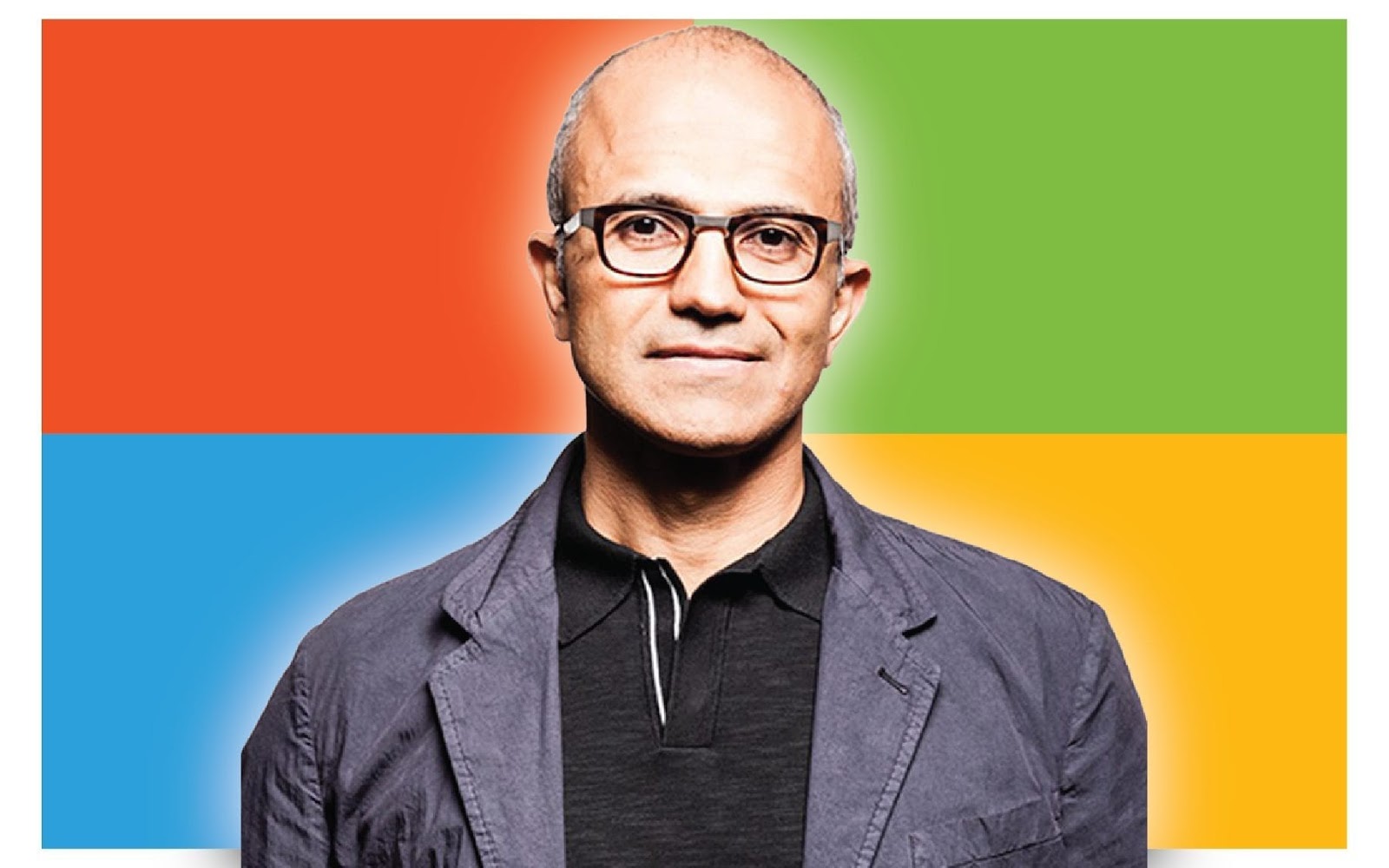Cultural Transformation at Microsoft: Satya Nadella's Impact on Growth and Innovation
Microsoft, a tech giant with a rich history, has undergone a remarkable transformation under the leadership of Satya Nadella. Since taking the reins as CEO in 2014, Nadella has focused on reshaping the company's culture, fostering innovation, and driving growth. In this article, we will delve into the cultural transformation at Microsoft, highlighting the key changes initiated by Satya Nadella and their impact on the company's success.
The State of Microsoft's Culture Pre-Nadella
Before Nadella's appointment, Microsoft's culture was marked by rigidity, hierarchy, and intense internal competition. Employees often felt compelled to prove themselves as the smartest in the room, and accountability for meeting targets overshadowed collaboration and creativity. The company's infamous performance management system fueled unhealthy competition among employees.
The Cultural Shift: Embracing a Growth Mindset
Satya Nadella was determined to change this culture. He believed that fostering a growth mindset within Microsoft was essential. This entailed encouraging employees to embrace continuous learning, diversity, and inclusion, while working together as a unified entity—One Microsoft.
Nadella's Approach: Listening and Learning
Nadella didn't rush into implementing changes; instead, he spent a significant portion of his first year as CEO listening to employees at all levels of the organization. Whether it was through anonymous surveys, individual discussions, or focus groups, he wanted to understand the concerns and aspirations of Microsoft's workforce.
Collaboration over Competition
One of the most significant cultural shifts initiated by Nadella was moving away from a culture of internal competition to one of collaboration. Employees were encouraged to leverage the diverse knowledge within the company rather than trying to be the single source of knowledge.
Revamping Performance Metrics
The performance evaluation system at Microsoft underwent a transformation as well. The focus shifted from forced ranking and stack ranking to a more collaborative approach that emphasized contributing to the success of others. Shared metrics became a cornerstone of this new approach.
Coaching and Empowerment
Nadella was dismayed to discover the lack of coaching within the organization. He made it a priority to ensure that managers took an active role in coaching their teams. Microsoft's managers now follow a "Model, Coach, and Care" philosophy, creating an environment where employees are empowered to excel.
Revising the Role of a Manager
After extensive surveys and focus groups, the role of a manager at Microsoft was redefined. Instead of being mere supervisors, managers were now tasked with enabling the success of their teams through empowerment and accountability.
Results: A Transformed Culture
The impact of these cultural changes at Microsoft has been nothing short of remarkable. Today, Microsoft boasts a Glassdoor approval rating of 95%, making it one of the best places to work. The company's culture now revolves around empathy, shared values, safety, and reliability, fostering trust over time.
Conclusion
Satya Nadella's tenure as CEO of Microsoft will be remembered not only for the company's financial successes but also for the profound cultural transformation he spearheaded. By promoting a growth mindset, collaboration, and empathy, Nadella breathed new life into Microsoft, positioning it as a thriving and innovative tech powerhouse in the modern era. Microsoft's journey under Nadella serves as a testament to the transformative power of leadership and cultural change within an organization.



No comments: